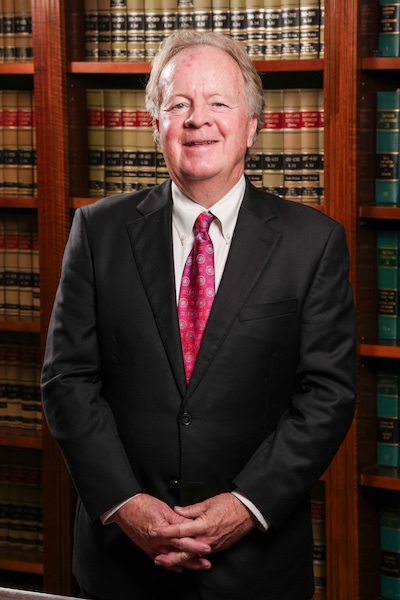 The covid 19 pandemic appears to have increased the volume of student academic dishonesty or misconduct cases. Perhaps, this was inevitable with students working remotely and an overall increase in open book online exams. However, there also seems to be a phenomenon of professors setting up their students for academic integrity violations.
The covid 19 pandemic appears to have increased the volume of student academic dishonesty or misconduct cases. Perhaps, this was inevitable with students working remotely and an overall increase in open book online exams. However, there also seems to be a phenomenon of professors setting up their students for academic integrity violations.
You say, "wow that seems unlikely or at least highly cynical" and I say I call them as I see them. I have seen several such cases in the last three months and the problem is that if I am correct, there is no known mechanism, short of suing the professors, to correct it.
Which leads me to the three biggest and most recurrent mistakes, which serve to sabotage any defense of academic dishonesty or academic integrity cases.
1). Engaging the University or College on your own without, at a minimum, speaking to your parent or guardian about your prospective case. You may be embarrassed or worried but talking to someone else about the complaint against you is vitally important to garner some perspective. Many students have strong, negative, emotional responses to academic complaints or inquiries and by the time they get out of their funk, the school has steamrolled them into accepting their " fate". BE PROACTIVE. In these matters the school is not your friend or ally. The "honor" boards or councils have an 85% or higher "conviction" rate. If you have been accused know your rights before you say ANYTHING to the school about the alleged violations. You have a right to remain silent, seriously.
2). Think of it as a case because it is. The school knows it is a case because they have set up all the rules, set up the mechanisms for disposition of such cases and want to trample you into submission. There are many academic dishonesty cases at a place like the University of Maryland and if each of them was vigorously contested the system for dealing with them would be overwhelmed. So the schools try and restrict the flow of information concerning what you did wrong and how they can prove it and most students roll over. Sometimes, the facts are so clear that throwing yourself on the mercy of the institution is the only recourse, But there isn't much mercy flowing from the schools just XFs.
3). Speak to a lawyer ASAP. You may not have a good defense but at Clark and Steinhorn, LLC we will speak to you for free so you can at least have some sense of what if any leverage you have with the school. You have rights and the ramifications of a finding of academic dishonesty may waylay your career or academic plans. Many students think that they may just get a slap on the wrist but an XF is on your transcript and requires various contortions to merely remove the X. The F stays and at best can be somewhat balanced out by taking the course over and getting an A for an overall C .
Prospective employers, Law schools, med schools and graduate programs are not enthusiastic about Fs and if the X is there in connotes academic dishonesty. So keep your head up, reach out and fight back!

